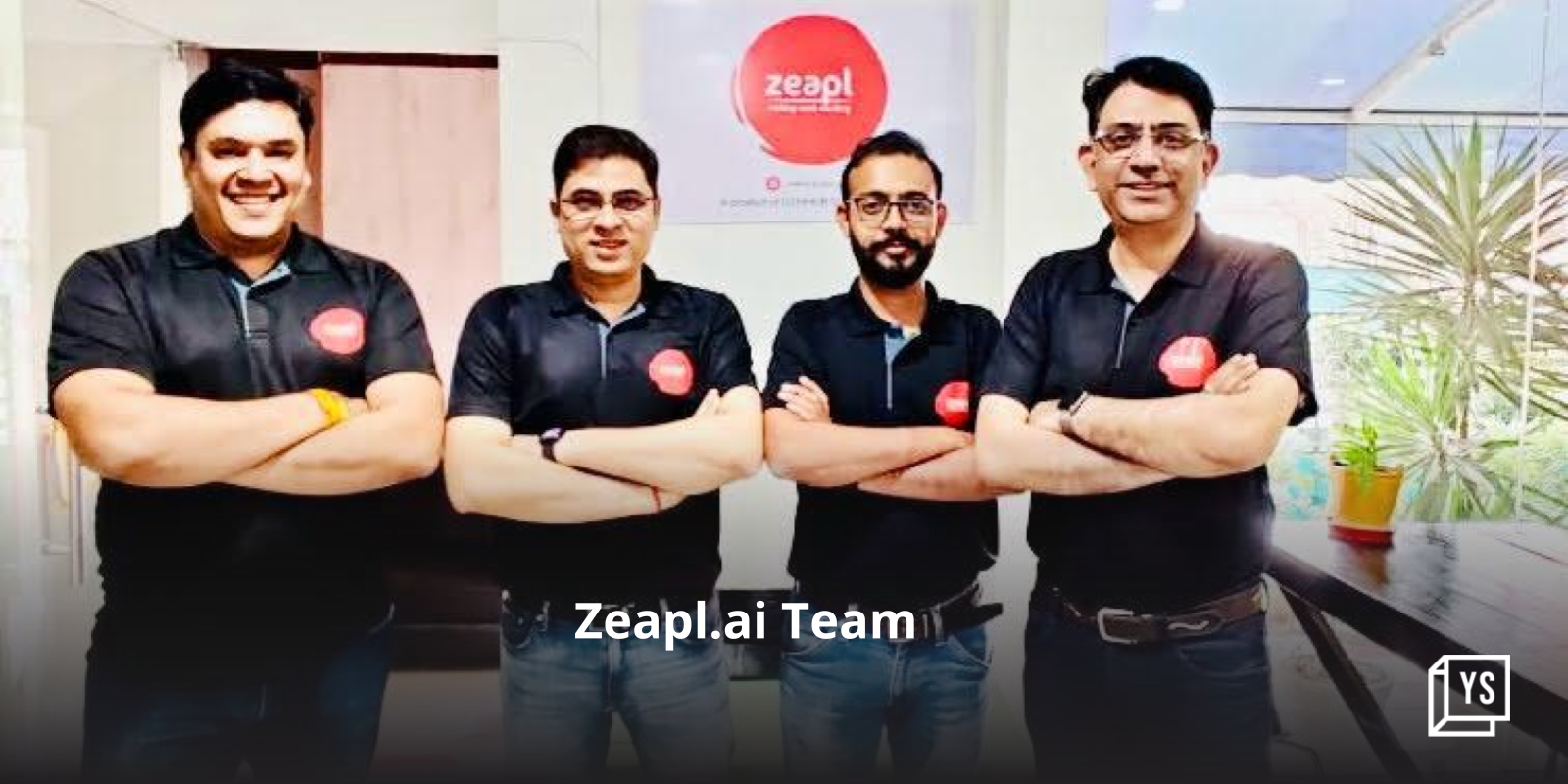

Greener commitment!
Since 98% of cities in low and middle income countries with more than 100,000 inhabitants do not meet WHO air quality guidelines, the risk of stroke, heart disease, lung cancer, and chronic and acute respiratory diseases, including asthma, is on the rise.
In the beginning of November, 2016 Delhi residents woke up to a foggy morning. It made them conclude that Winter's fog had arrived rather early. But they were wrong, it was something in disguise. The pollution level had gone so high that half an hour of sightseeing could leave one with a sore throat. Residents were advised to stay indoors and schools were shut for almost a week. The average concentration of PM 2.5 particles in the city was 150 micrograms per cubic metre of air, according to World Health Organization (WHO). PM 2.5 refers to fine particles produced by combustion, including motor vehicles, power plants, forest fires, and some industrial processes.
98% of cities in low and middle income countries with more than 100,000 inhabitants do not meet WHO air quality guidelines. But in high-income countries, that percentage decreases to 56%. This means the risk of stroke, heart disease, lung cancer, and chronic and acute respiratory diseases, including asthma, is on the rise for the people.
Today, forests across the world continue to shrink as populations increase and more forest land is claimed for agriculture and other purposes. When the Brazilian government decided to open the Amazon basin to development, it started building a highway, then farmers, ranchers, and loggers followed into the region, aggravating land conflicts, and therefore putting more pressure on the rainforest. It is no surprise that this recklessness has rendered our rivers, lakes and oceans virtually dead. Yamuna river being one of them. Urbanization and industrialization have polluted the river to the extent that today it can be called a 'dead river'. It is reported that New Delhi generates 1,900 million liters per day of sewage, dumps 58% of its waste into Yamuna. In Uttar Pradesh, the river is almost covered with pollutants and foam. When it comes to marine pollution, the reality is equally disturbing. It is believed that over 80% of marine pollution comes from land-based activities. Most of the waste, from plastic bags to pesticides, we produce eventually reaches the oceans.
Times are definitely different and most people are rationally less optimistic. However, pessimism is not the need of the hour. It is the collective effort to execute our moral obligation. At the Paris climate conference in 2015, 195 countries adopted the first-ever universal, legally binding global climate deal. Countries have agreed to set out a global action plan to put the world on track to avoid dangerous climate change by limiting global warming to well below 1.5°C.
In this backdrop, the noise for climate change deniers was just a din until it has found its way to the White House. This U-turn under Donald Trump's presidency has dented the culminative work the world has achieved. However, the world is not yet ready to turn its back to the agreement. President Xi Jinping's recent reiteration to express China's commitment in reducing carbon emission; the Supreme Court's recent ruling recognising the Yamuna and Ganga rivers as living entities; more people ever more concerned about their carbon print; and the growing resistence towards the climate change denier are the clear indication that the world is willing to go extra mile to protect, conserve and make the planet greener.
On the corporate front, it has become a new trend to work with environmentalists to manifest their commitment, eventhough it means putting up with some frictions every now and then. Apart from such engagement, integrating sustainability approach to business operation should be highlighted as a gamechanger, generating a win-win for all stakeholders in the long run. Nike's Grind Programme is one remarkable instance. Its objective is to aid elimination of waste as well as close the full loop in the product lifecycle by collecting post-consumer athletic shoes that do not contain metal, including ones that have been returned due to defects. Once the shoes are collected, the parts are then reused to create items like flooring for weight rooms and baseball fields, and so on.
Fortunately, several corporates across the world have designed and implemented similar initiatives, and it is believed that more are to follow the suit in the coming days to display their commitment. Such efforts, be it in business operation, education, at policy level, to mention some, have set the global initiative in motion. However, the need to do more collectively is clear, to ensure that we don't compromise our present, and at the same time making sure that our future is greener.
N. Bobo Meitei
Executive Editor, Fiinovation





